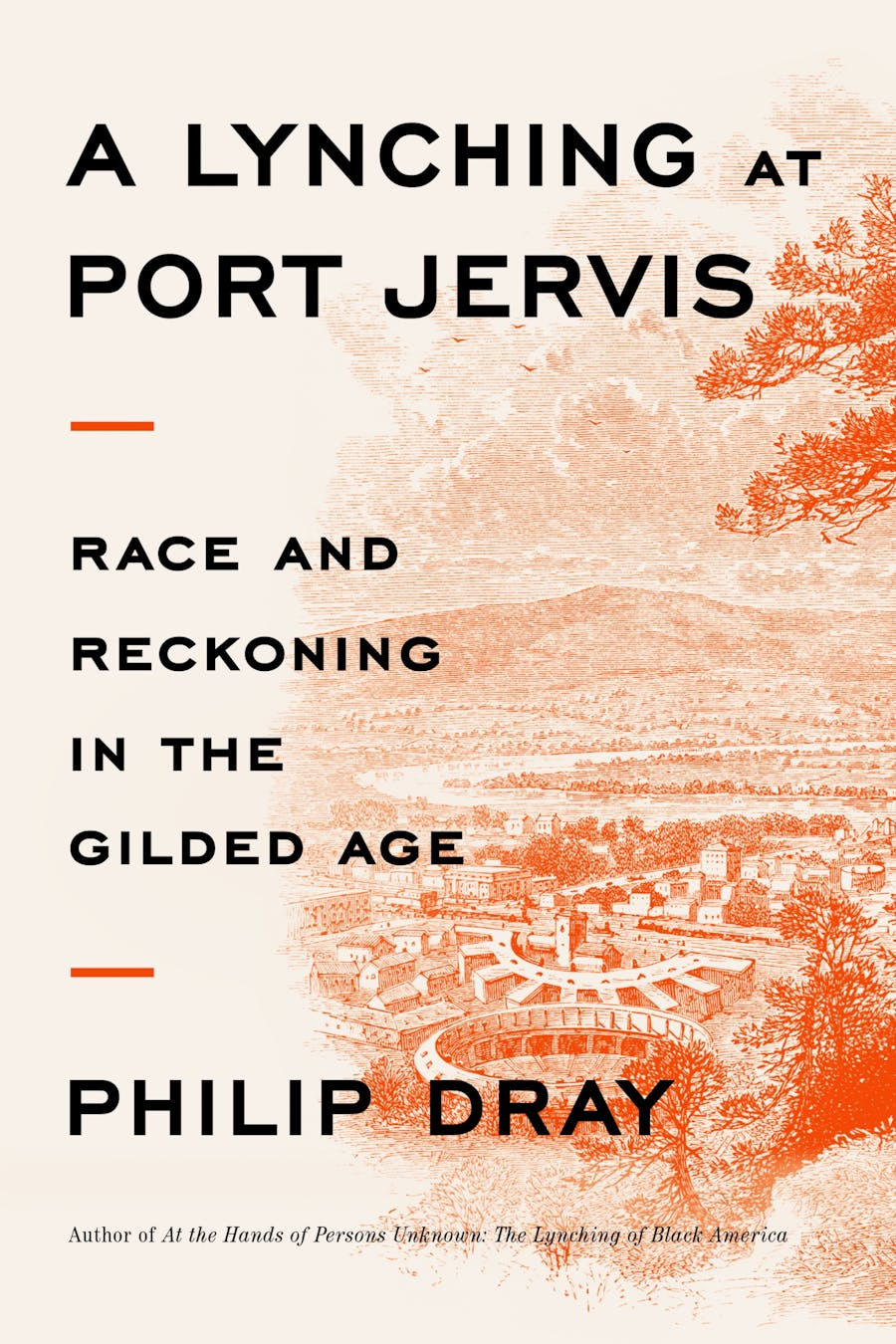On June 18, two weeks after Lewis was lynched, McMahon collapsed in her father’s arms on a little-used mountain road. Dr. Sol Van Etten told her parents that “she might ‘never again be right in her mind.’” Was she “haunted by her role in the death of an innocent man,” as Dray advances? Lena McMahon, like Carolyn Bryant Donham, the 21-year-old white woman who accused 14-year-old Emmett Till of rape, was never punished for the destruction she brought upon Lewis, his family, and the entire community.
As a writer, Stephen Crane, the judge’s younger brother, sought to explore subjects like “morality and man’s obligation to self and society,” the Civil War, and the South, but his closest “published rehearsal of the Robert Lewis lynching,” Dray tells us, is a short story, “When Man Falls, a Crowd Gathers,” about “an Italian immigrant who suffers an epileptic seizure and collapses” in Manhattan. “Half articulate exclamations could be heard. There were men who nearly created a battle in the madness of their desire to see the thing,” the younger Crane describes.
Lewis also made an appearance in Stephen Crane’s last book, The Monster, which particularly influenced Ralph Ellison. Like Lewis, the main character, Henry Johnson, is an “invisible man.” “Although the word ‘lynching’ never appears,” Dray clarifies, Johnson is “‘a wailing mourner’ at his own funeral,” which “marks the symbolic murder of the Black man by the world that has made him a monster,” according to literary scholar Elizabeth Young. In The Monster, Dray tells us, Crane “had chosen to confront a question largely evaded in late nineteenth-century America: How should a conscientious white person respond to the most egregious forms of racial prejudice?” Dray aptly names the chapter in which he presents The Monster “The Blunders of Virtue,” signifying both the tribulations and limits in how Crane, and American literature in general, engaged with lynching.
Dray’s own handling offers a course correction. A Lynching at Port Jervis reads not only as a moment of philosophical, historical, and political experience but also as a literary ballad. The complexity that Philip Dray captures in his book can only come from a deep commitment to both justice and literature, and it glows because of it. Who were these residents of Port Jervis who so quickly lynched Robert Lewis without due process? Dray asks us to consider American democracy and how the law could have acquiesced so quickly to popular “justice” and lynching.
